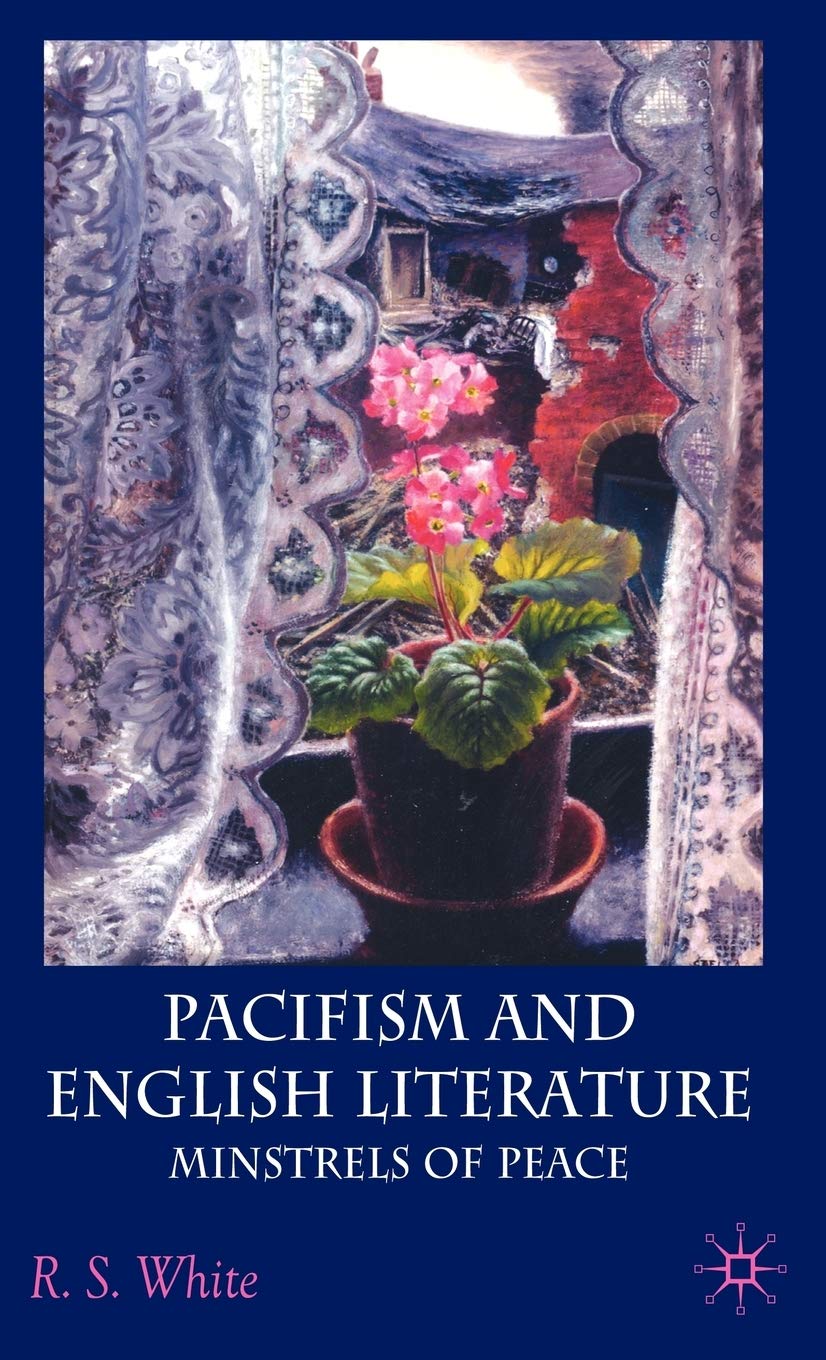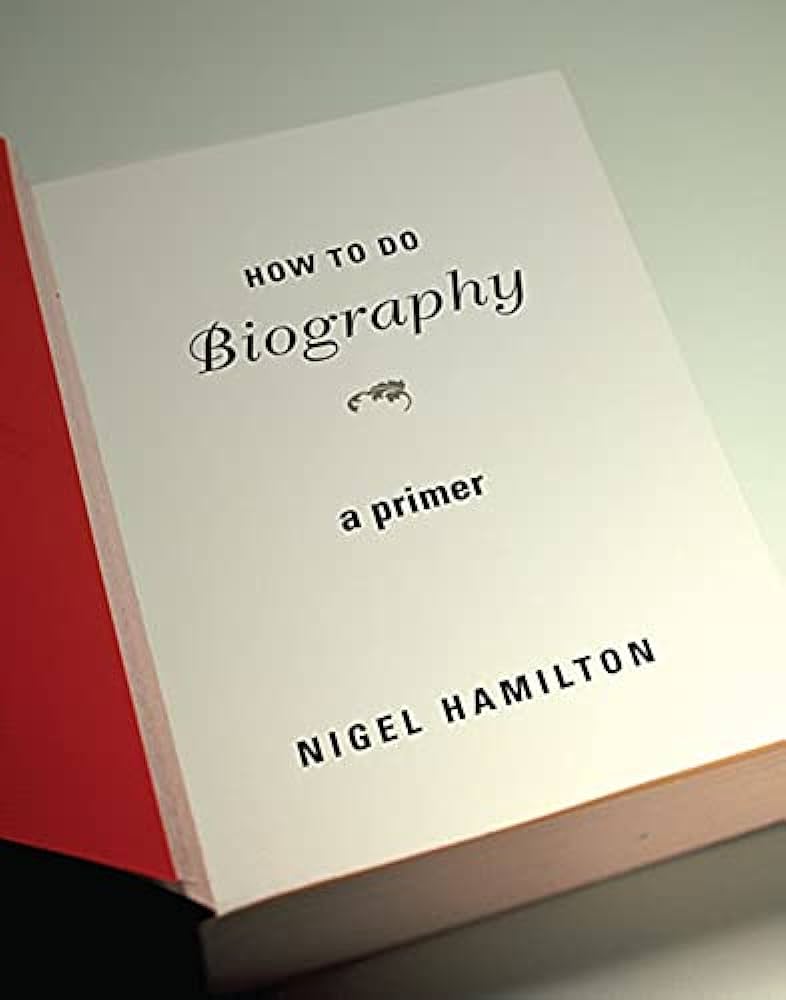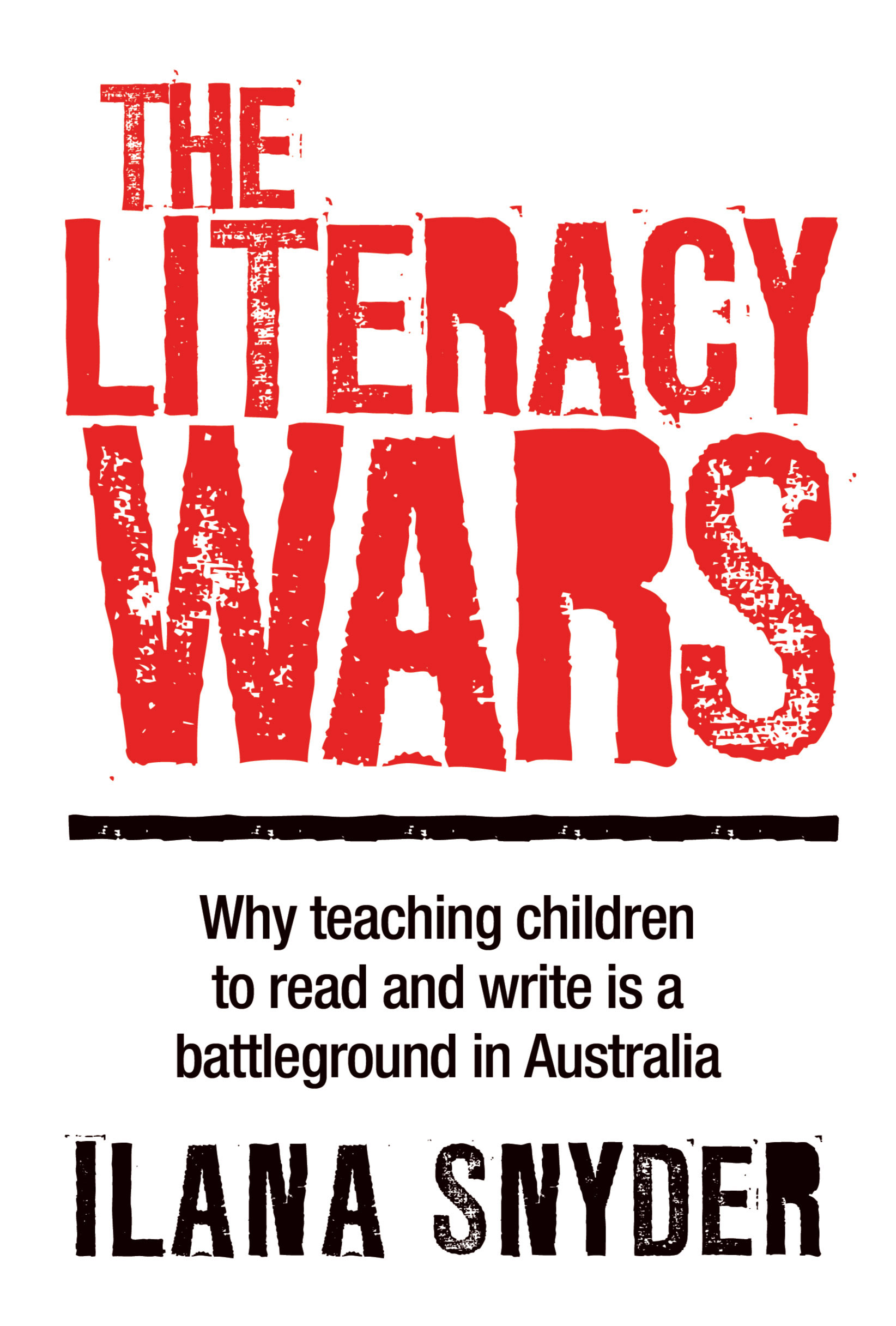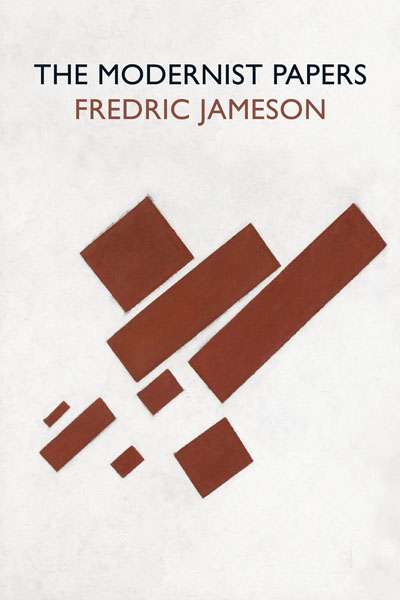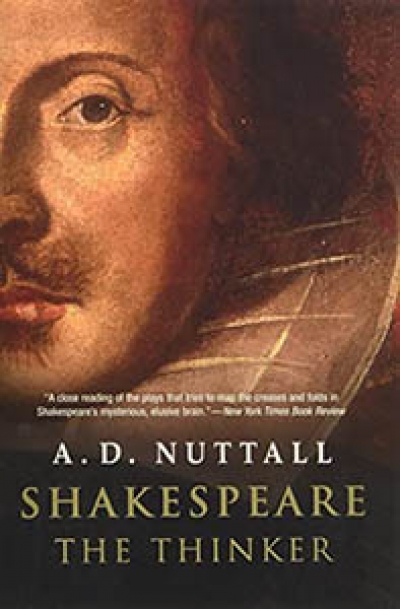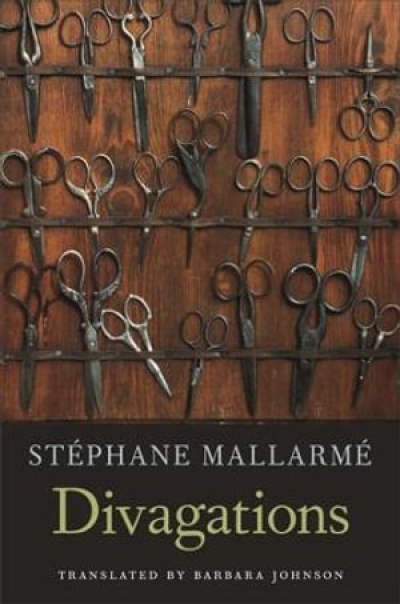Literary Studies
Pacifism and English Literature: Minstrels of peace by R.S. White
It is tempting to become impatient, and to reach for a gun to resolve a problem, or a knife to cut a Gordian knot. As I write, the Burmese generals have been dithering and obfuscating rather than letting aid workers into their storm-ravaged country. The paranoid preservation of their honour and control bids fair to cause the death of tens of thousands of people. If the Burmese people cannot rise up to change this (and as poor, pacifist Buddhists, they are peculiarly ill equipped to overwhelm a shameless and violent régime), then we should surely invade, distribute the emergency aid, and replace the generals with responsible government. Some people only respond to violence, and surely justice demands this intervention.
... (read more)In 1964, newly appointed to the Department of English at the very new Monash University, I was uncertain about nearly everything. But as I unpacked my books in a pristine, sparsely furnished office, I found reassurance in the empty filing cabinet. I knew exactly how to fill its three drawers. As soon as I had some notes and a stack of manila folders, I would put poetry in the top drawer, fiction in the middle and drama down below. These three genres corresponded with the three terms of the academic year, as I had known it as a student. It was the natural order of things. That there might be a fourth drawer for biography, or even a space in the lecture programme for life writing, would not have occurred to me. This was the Leavis era – late Leavis indeed, but still preoccupied with close reading of literary texts. D.H. Lawrence’s mantra ‘never trust the teller, trust the tale’ seemed sufficient warrant for bypassing the teller altogether.
... (read more)The Literacy Wars: Why teaching children to read and write is a battleground in Australia by Ilana Snyder by Ilana Snyder
Though by profession a scholar of literature with a specialism in French literature, Fredric Jameson (born 1934) has made his mark as a cultural historian and even as what used to be called an historian of ideas. His chef d'oeuvre, Postmodernism, or, The Cultural Logic of Late Capitalism (1991), provides one of the more persuasive cognitive maps we have of ...
The Cambridge Companion to Emile Zola edited by Brian Nelson
'Why read Emile Zola?’ asks one of the contributors to this volume. ‘Because his representation of society’s impact on individuals within it memorably depicts what it means to be a human being in the modern world.’ The publication of The Cambridge Companion to Emile Zola, edited by Brian Nelson, Professor of French Studies at Monash University, will be of great assistance in reading and rereading this realist writer, and will doubtless become an indispensable tool for researchers and students.
What do these essays reveal? The fascination which the naturalist novelist Zola (1840–1902) still exercises on his readers because of the profoundly organic nature of his writing. Despite the meticulous planning and the scientific method and framework underlying his enterprise to describe the social and familial milieux (the subtitle of the twenty novels [1871–93] comprising Les Rougon-Macquart is The Natural and Social History of a Family under the Second Empire), Zola’s art stems from its evocative power, its descriptive force, in a word, its ‘excitement’.
... (read more)The Higher Self in Christopher Brennan's Poems: Esotericism, Romanticism, Symbolism by Katherine Barnes
Katherine Barnes’s book on Christopher Brennan (1870 – 1932) is unusual in the Australian academy in that the work does not much concern itself with postmodern theory, or the kinds of questions that might arise from Brennan’s oeuvre for a modern reader. It bypasses the more familiar kind of enquiry, such as the intriguing questions that Brennan might be seen to raise in relationship to psychoanalysis, and whether or not he might conceivably have been a first-wave feminist. It is something quite different: an enlivening scholarly engagement with Brennan’s sources, especially those available to him in Australia, in particular his esoteric sources.
... (read more)Shakespeare the Thinking is the final and posthumously published book of the Oxford critic A.D. Nuttall, who died unexpectedly in January 2007. Pitched at a wider readership than most of his earlier writings, the book is the culmination of Nuttall’s lifetime thinking about Shakespeare, and the work by which his remarkable originality as a critic will no doubt be most widely recognised.
... (read more)A Companion to Australian Literature Since 1900 edited by Nicholas Birns and Rebecca McNeer
When G.B. Barton presented his two works concerning the literary history of New South Wales to the Paris Exhibition of 1866, he hoped that they would enable readers ‘to form an exact idea of the progress, extent and prospects of literary enterprise among us’. The words are succinct, unobjectionable, and their sentiments influenced much of the literary history of the next century, much as the productions of that time were usually annals rather than analysis. Barton’s civic-minded project linked the maturing of Australian literature with its political culture. Implicit in his endeavour, though numerous others would use the metaphor outright, was the notion of ‘coming-of-age’. This chimera had as long a life as the search for the Great Australian Novel.
... (read more)Australian Dictionary of Biography Vol. 17, 1981–1990, A–K edited by Diane Langmore
This is the latest volume of a reference work which should sit on the shelves of every municipal library. It assesses the lives of people, mostly prominent, who died in the years 1981–90. It lists them in alphabetical order; a further volume will be needed to embrace the 600 or 700 people whose surnames began with the letters L to Z.
... (read more)Toward the end of his life, Stéphane Mallarmé (1842–98), French poet and founding father of Symbolism, published the prose collection Divagations (1897). This highly ambitious, eclectic work, a repository of Mallarmé’s aesthetic, revitalises the critical enterprise and shakes the very foundations of the literary act. His practice is inaugural, effecting a critique of the subject and of poetry that is unprecedented. Divagations shows the mature Mallarmé at the height of his achievement, inventing a new form of poetic journalism. From the outset, we are invited to read differently. These consummate, diverse pieces, comprising prose poems, lectures, journalism and portraits, are truncated from their original context and strategically redeployed. They illuminate each other differently and acquire a new potency, in tune with the poet’s vision of words in verse interacting like reflective jewels. The dazzling pieces on dance and current events provide a radical critique of contemporary values and show a sense of humour more familiar to readers of Mallarmé’s fashion journal. High and low interchange as the apparently trivial or frivolous acquires seminal status. The ‘Important Miscellaneous News Items’ offer some of the greatest examples of the new ‘Popular Poem’, celebrating the insight and autonomy of the modern reader.
... (read more)

